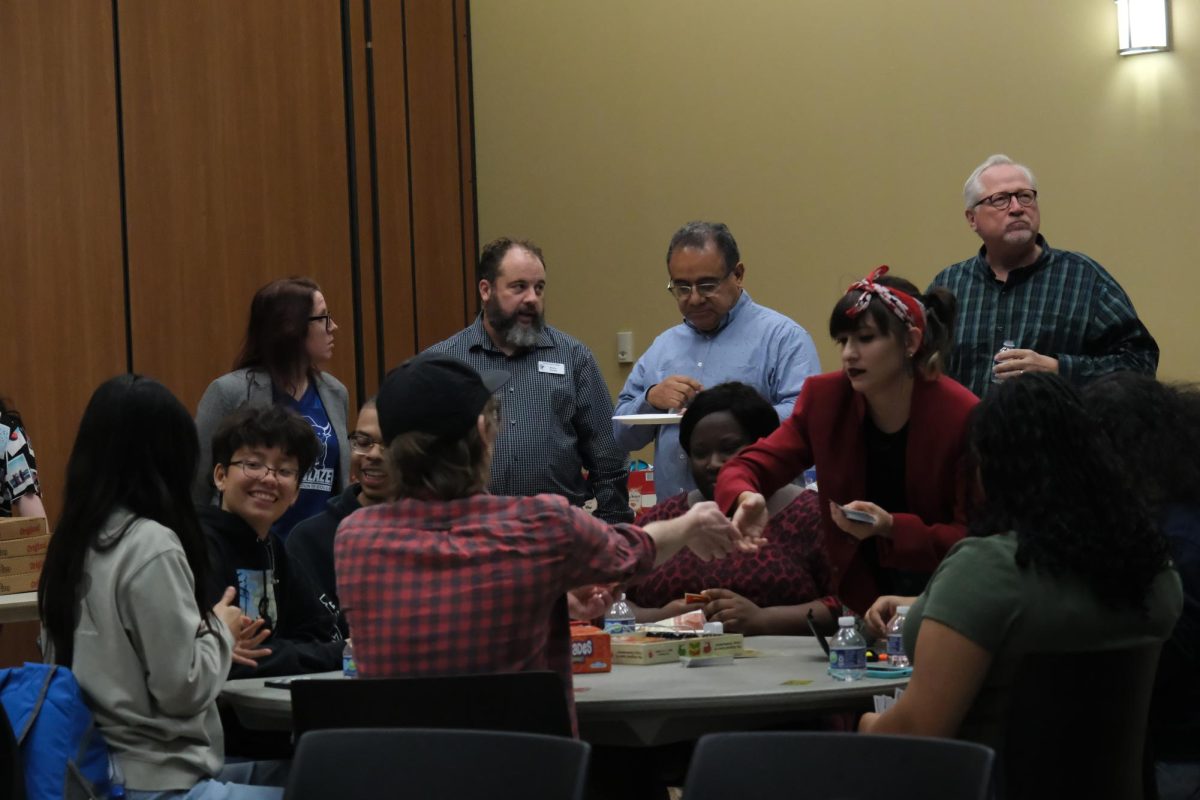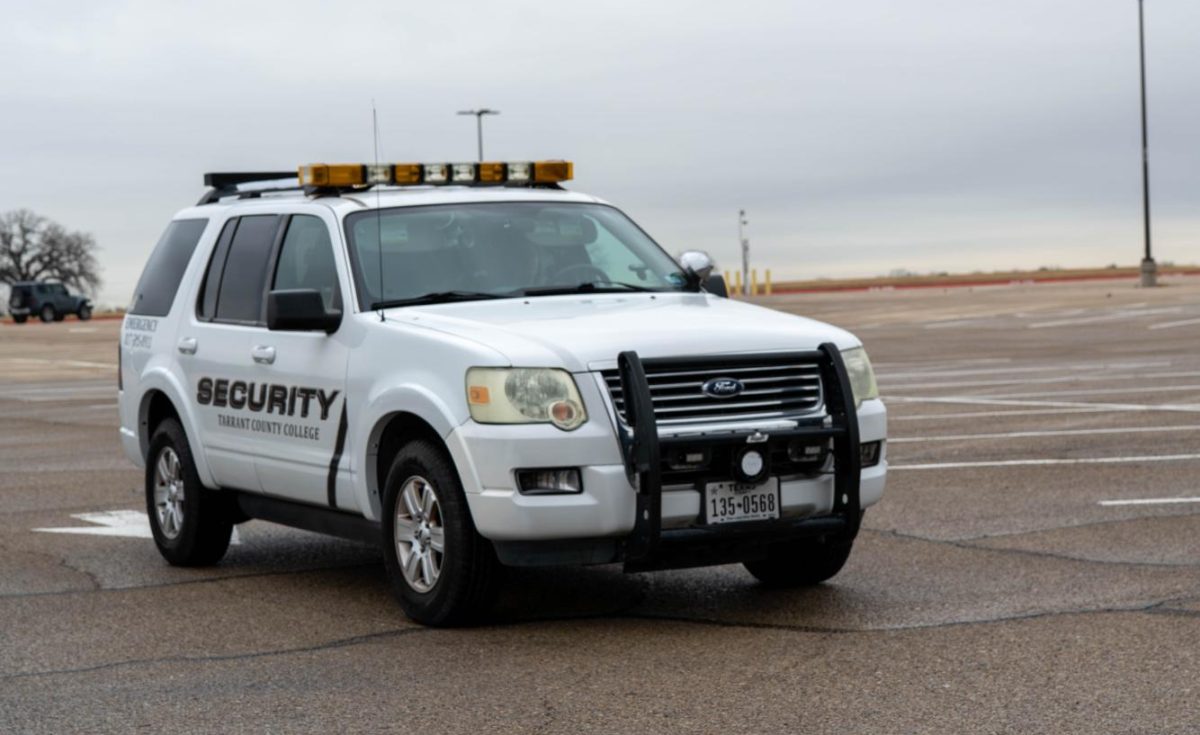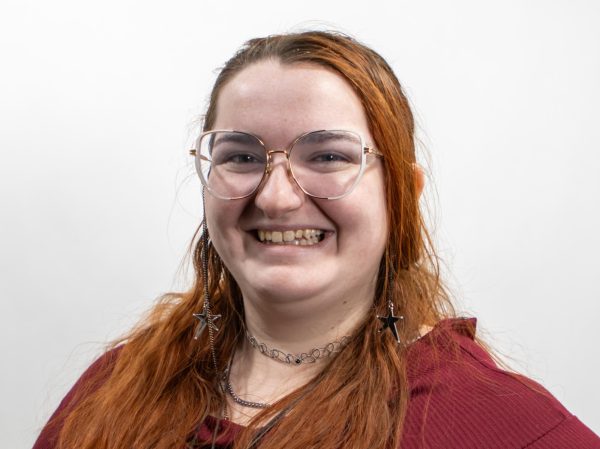All TCC campuses, except TR and Connect, will offer early voting from Oct. 21 to Nov. 1 following a vote to keep polling locations at various North Texas colleges.
The ballot will include candidates for senator, railroad commissioner, county commissioner, president, sheriff and district judge.
Janet Mattern, president of the League of Women’s Voters of Tarrant County, said all locations for early voting and Election Day must have available parking, including ADA and curbside options, unless there’s bad weather.
She recommended, along with a valid ID, bringing a printed list of your chosen candidate for each position as phone use is prohibited at the booth. She also suggested checking where to vote online since Tarrant County residents can vote at any open polling location.
“If your parents can do it, if your grandparents can do it, then you can do it too. It’s just a matter of making sure you’re prepared, that you educate yourself and identify a plan like are you going to vote early? “What location do you want to vote at,” she said. “If you can work a cell phone, you can work the voting booth.”
Mattern said one of the biggest reasons she chooses to vote early, besides avoiding the consistently long lines on Election Day is to ensure her vote is cast.
“My vote is so important , I don’t want to leave it to chance that something might happen,” she said. “Who knows what can happen on Election Day? It’s like when you’re having to do an assignment for school. It always feels better once it’s done, and then you don’t have to wait until the last minute.”
Lisa Uhlir, a tenured professor of government at NE, said on-campus sites help make the voting process seem more approachable, a barrier for many students when deciding whether to vote.
“[Early voting] allows for a lot more openness,” she said. “Students get to see here our campus professors go vote. I’ve talked to my students. I’m like ‘Hey, early voting’s here. You have easy access to it. You can do it on any day.’”
Uhlir said she emphasizes the importance of this democratic process in her curriculum to encourage and empower her students to get involved in politics.
“I believe efficacy for young people comes through the knowledge of the system and how it matters,” she said. “The more that they feel comfortable, actually understand how it works – the basic process – they’re more likely to vote.”
Polling accessibility is crucial when getting a younger demographic to vote, a group with substantially lower turnout. Former mayor of Kennedale and social sciences department chair Brian Johnson said this accessibility was directly threatened by the potential removal of polls on higher education campuses.
“Younger people are, right now, preoccupied with other things: school, getting to school, eventually finding a job,” he said. “Young people will register to vote but getting them to the polls is much more difficult. We should be pushing to make it easier and easier to vote.”
Johnson pointed out that historically, election results were swayed by only several thousand votes.
“A swing of 50,000 votes in the 2016 election in key states made Donald Trump president,” he said. “When you’re talking about a state-by-state election, especially for president, it’s critical that these small numbers of people can swing an election. Your vote does count.”
NE student Chris Joyner advised students who feel discouraged about voting in national elections to remember the significance of local representatives.
“Get out and vote in local elections, because that’s where it starts,” he said. “At the end of the day, you need cooperation with the House for whoever is president, and whoever is in the House starts with those local elections.”
































